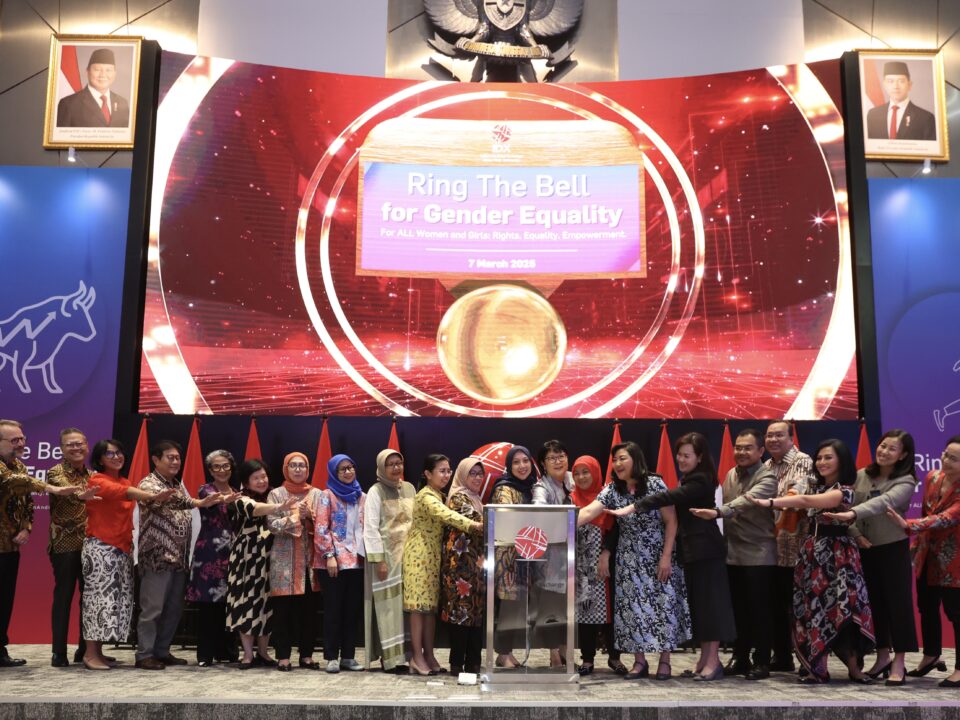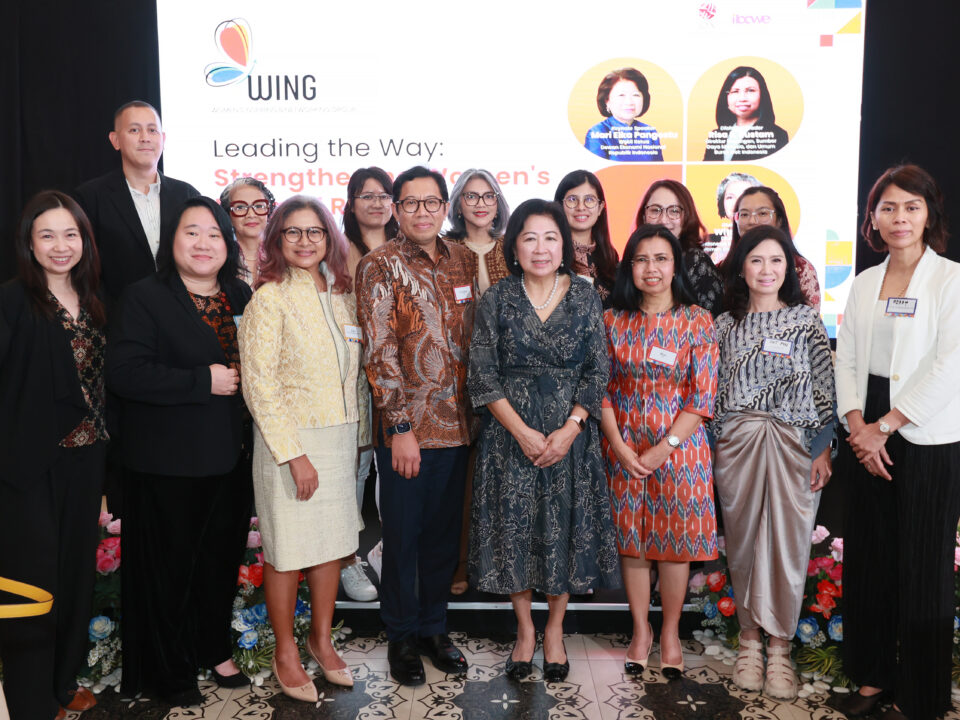
Ring the Bell for Gender Equality 2025: Advocating the Importance of Supporting Women’s Rights to Achieve Work-Life Integration
March 9, 2025
Inclusive Communication: Fostering Intergenerational Team Relationships
May 29, 2025“How wonderful it is to be a mother who can work while nurturing her children without feeling guilty.”
If Kartini were alive today, this might be the aspiration she fought for: equality that begins in the workplace and at home.
Kartini Day is often celebrated with traditional kebaya, ceremonial speeches, or images of successful working mothers balancing dual roles. However, the essence of Kartini’s struggle goes beyond symbolic celebrations. It is a call to address the significant work that remains for our nation—creating a fair ecosystem that enables women to work while also being mothers.
Women Lagging Behind in the Workforce
Data from BPS (Central Agency of Statistics) in February 2024 indicates that the female labor force participation rate or Tingkat Partisipasi Angkatan Kerja (TPAK) is only 55.41%, significantly trailing behind men at 84.02%. Furthermore, only 36.32% of women are employed in the formal sector, compared to 45.81% of men.
These numbers represent more than just statistics. Behind them are millions of Indonesian women—particularly in the informal sector and labor-intensive industries—who are forced to leave their jobs after having children. Many face the dual burden without systemic support: a lack of affordable childcare, inflexible working hours, and an unsupportive work environment for mothers.
Childcare: A Key Factor in Women’s Workforce Participation
Kartini advocated for women’s access to education as a pathway to intellectual freedom. However, times have changed. Today, that freedom is also determined by access to childcare services. Without affordable and quality childcare systems, women will continue to be confined to their homes or work under precarious conditions. This is why Employer-Supported Childcare (ESC) has become a crucial strategy in empowering women to remain economically active while fulfilling their caregiving roles.
Employer-Supported Childcare: An Investment, Not a Burden
ESC can take the form of on-site daycare, childcare subsidies, flexible working hours, and partnerships with childcare service providers. Several companies in Indonesia have implemented these initiatives, yielding positive results: increased employee retention, stable productivity, and enhanced worker loyalty. In the context of today’s competitive labor market, ESC should be viewed as a strategic investment—not a cost burden. Supporting working mothers is both a social responsibility and a commitment to developing a strong workforce from an early age.
The Role of Government and Private Sector: Kartini Needs Allies
The recently enacted Child and Maternal Welfare Law (UU KIA) is a breath of fresh air. However, to have a real impact, further policies are needed:
- The government should provide fiscal incentives for companies that implement ESC.
- Local governments can develop affordable community childcare services.
- Expanding access to ESC must also target workers in the informal sector and labor-intensive industries through cross-subsidy schemes or partnerships.
The private sector plays a crucial role in creating inclusive workplaces that recognize the well-being of mothers as key to business sustainability.
Reviving Kartini’s Spirit
Over a century ago, Kartini wrote about women’s dreams of thriving without being constrained by their nature. Today, Indonesian women still fight for the most basic rights: to work without sacrificing their children.
On this Kartini Day, let us reignite the spirit of emancipation by urging both the government and the private sector to create a fair, inclusive, and sustainable childcare ecosystem. Only then will Kartini’s dream truly come to life in the reality of working mothers today. (RA)
Written by Riesta Aldila, Project Officer for Employer Supported Childcare





